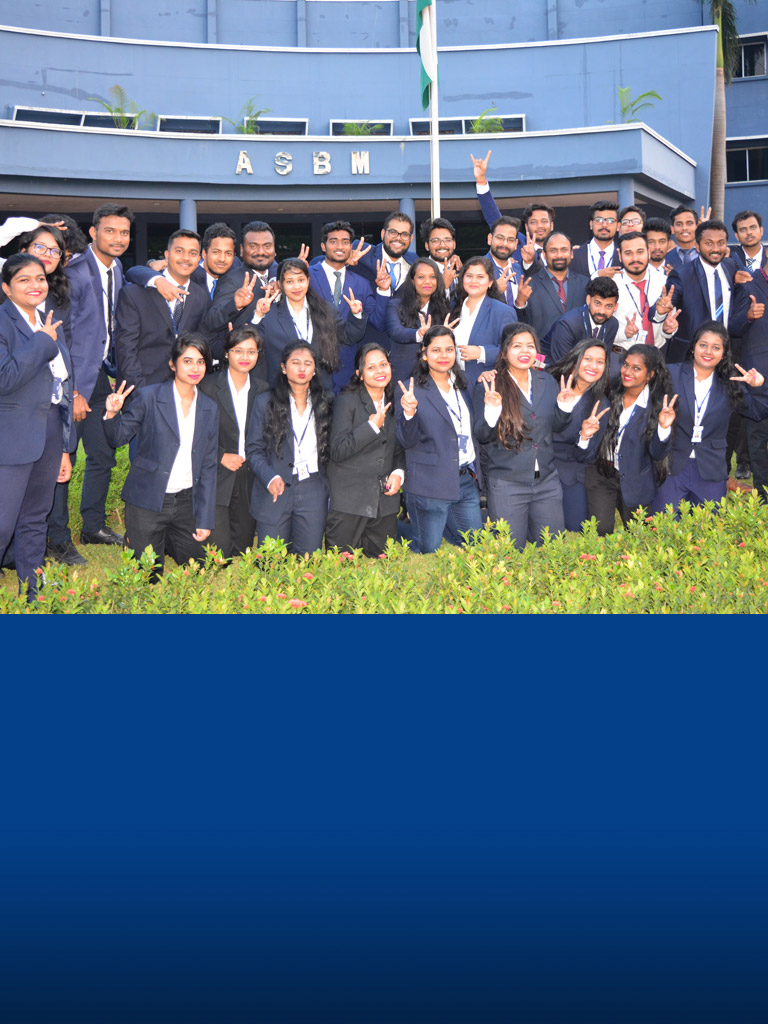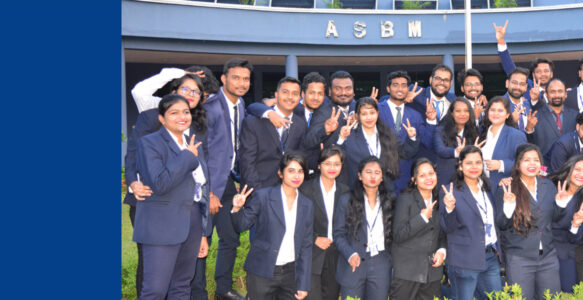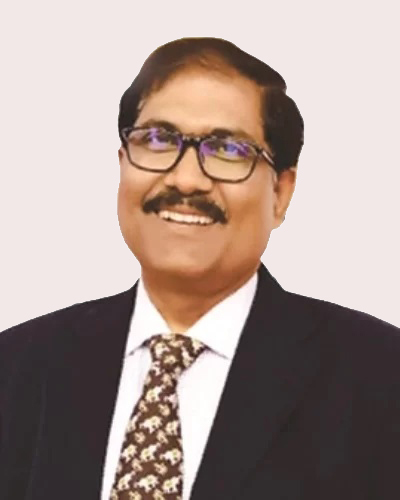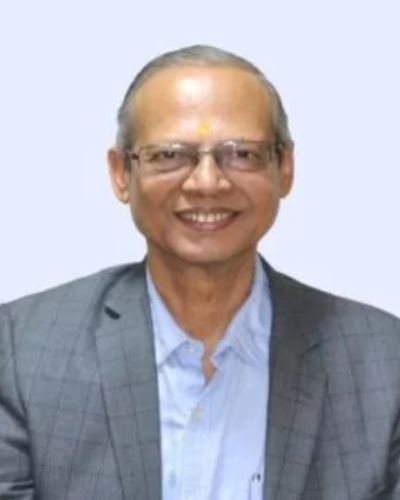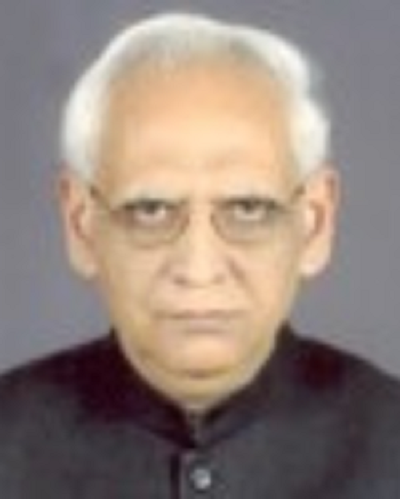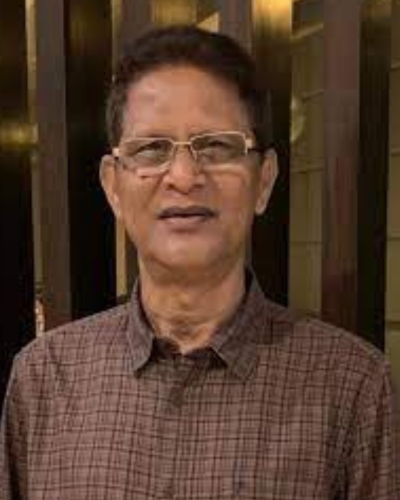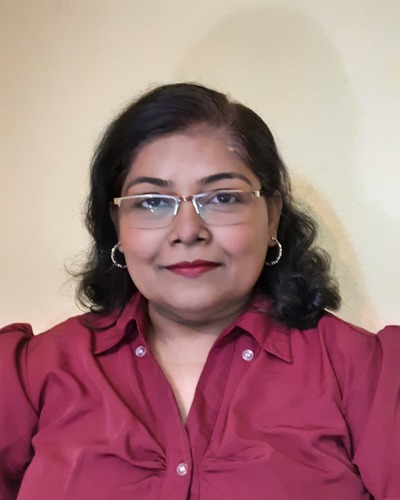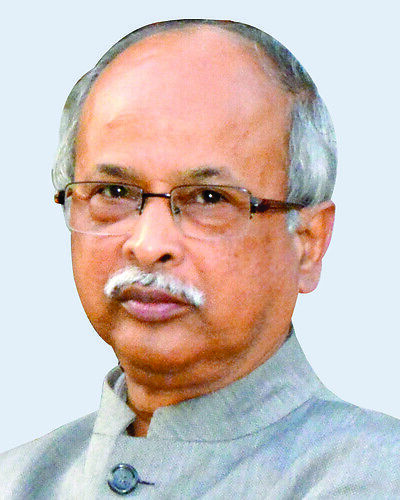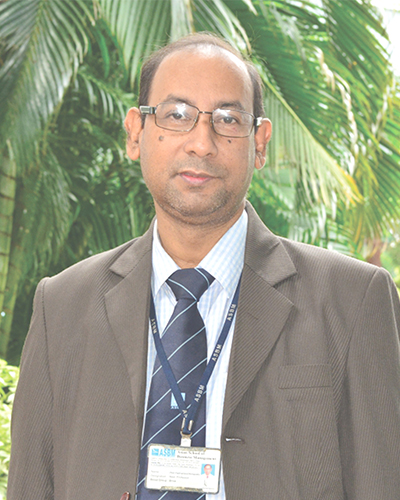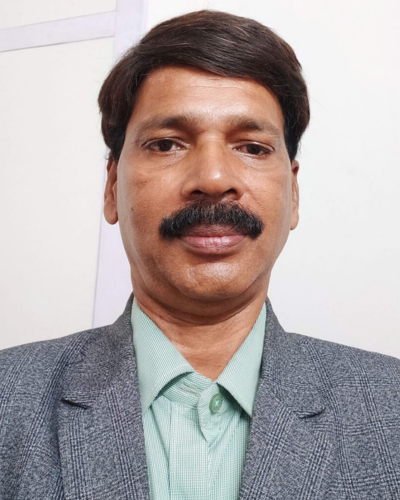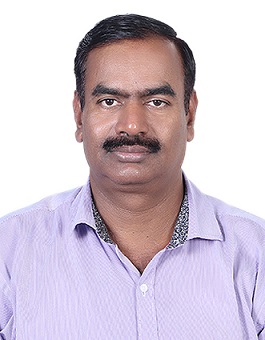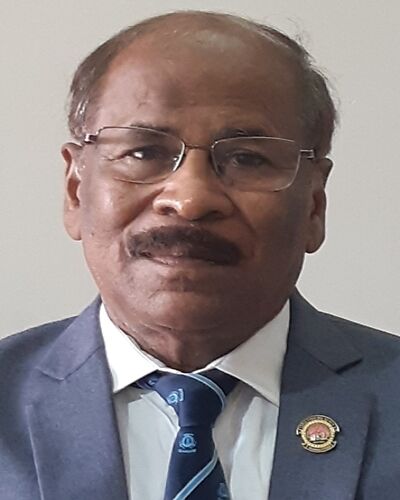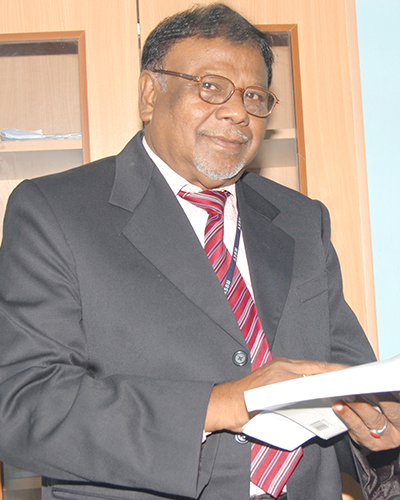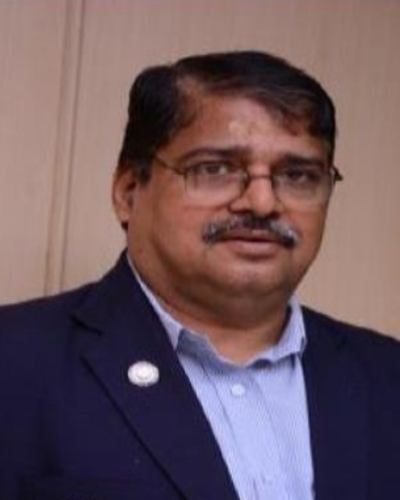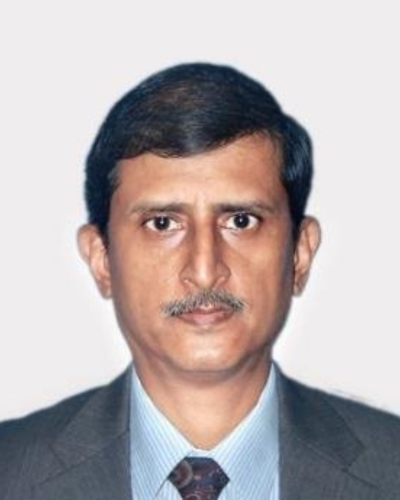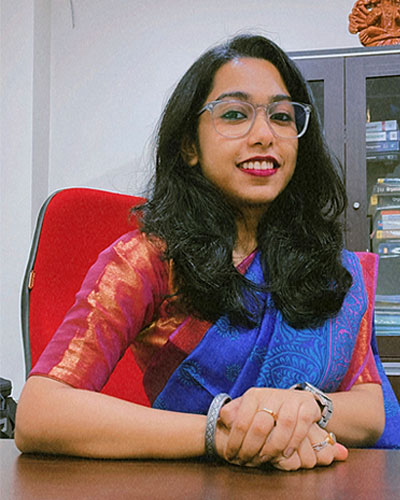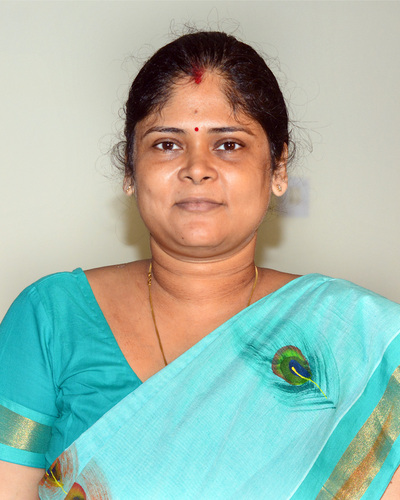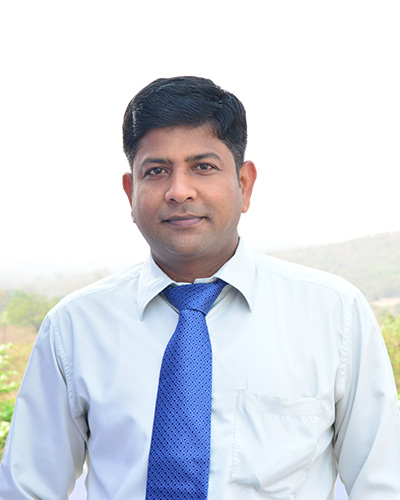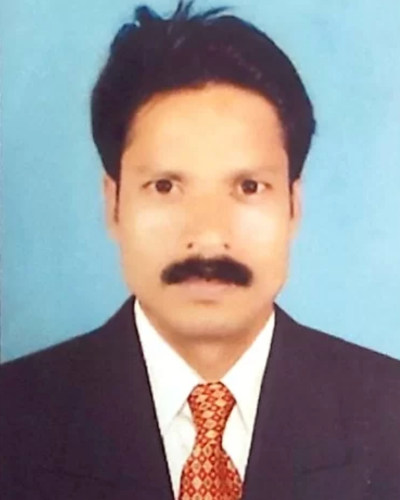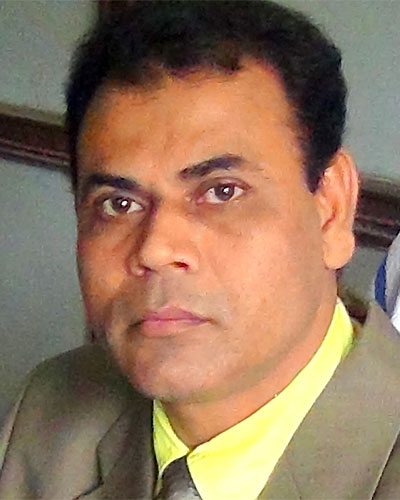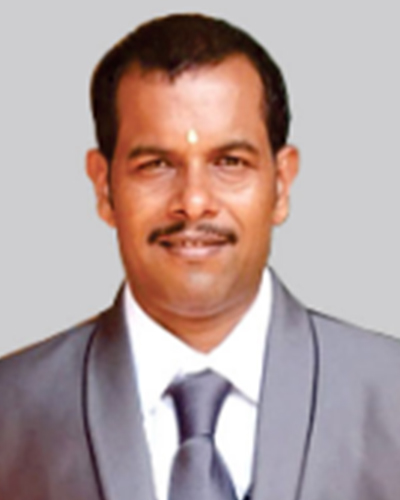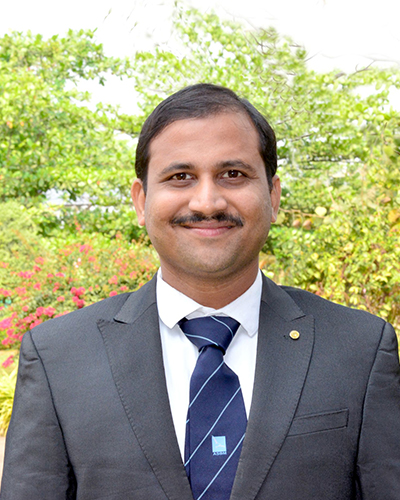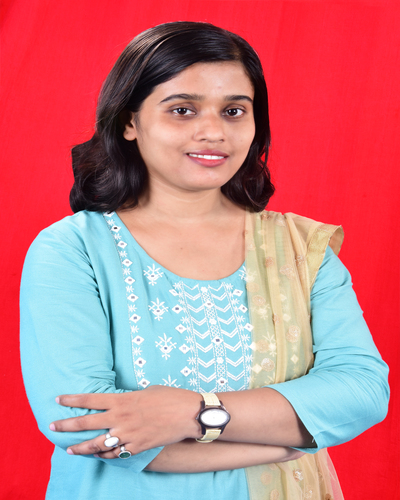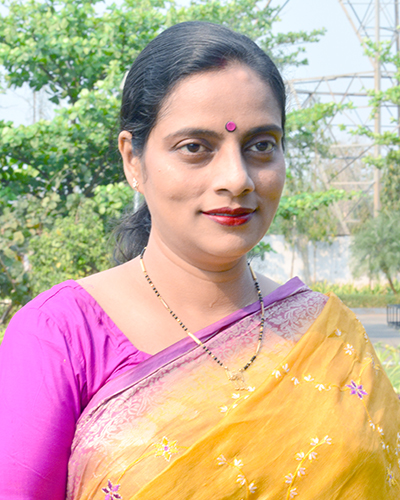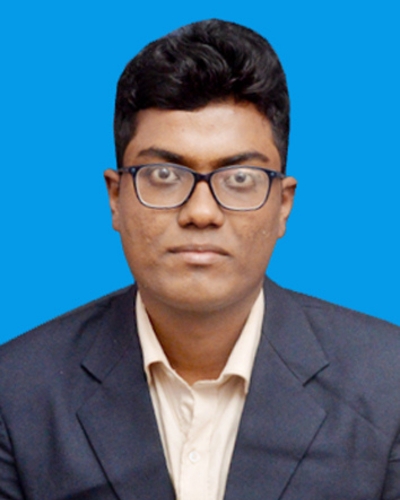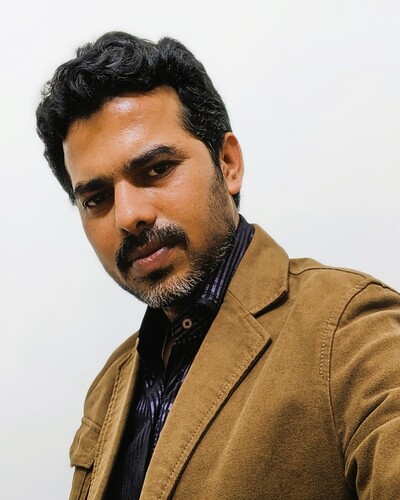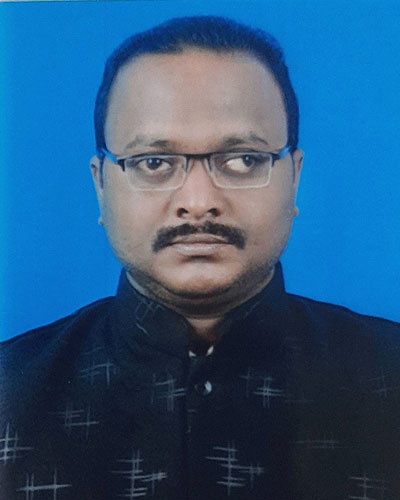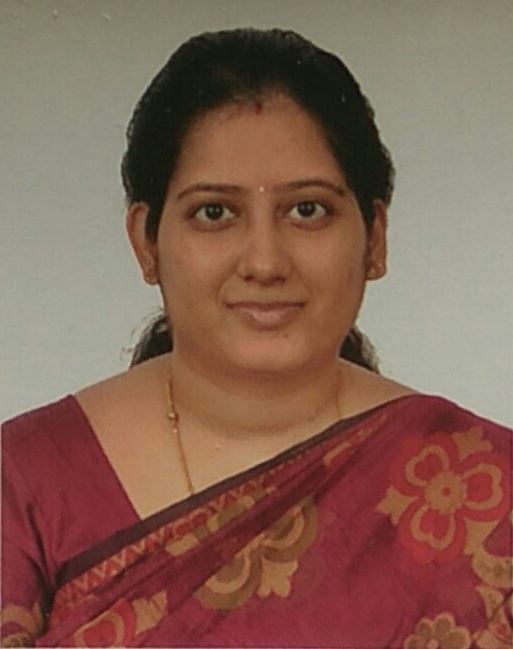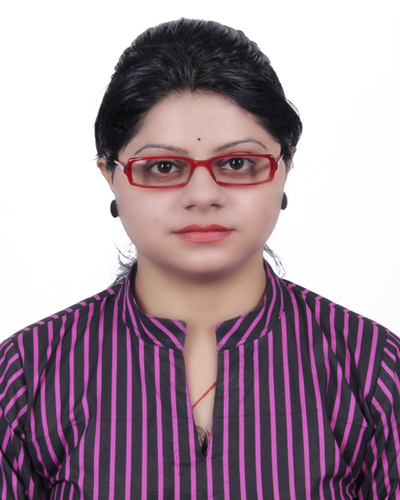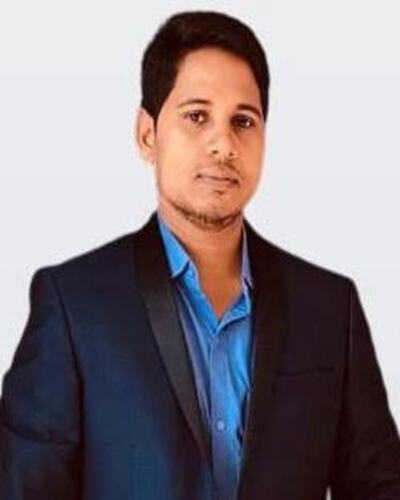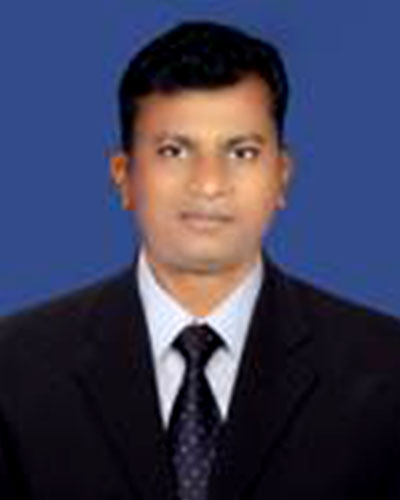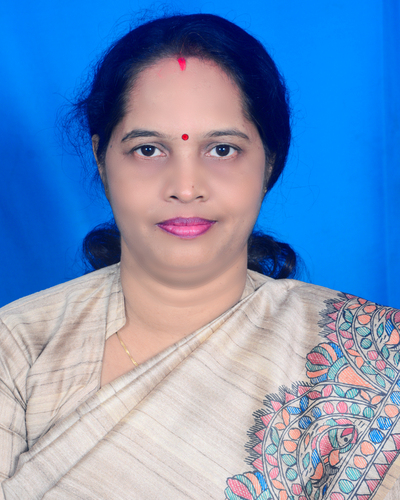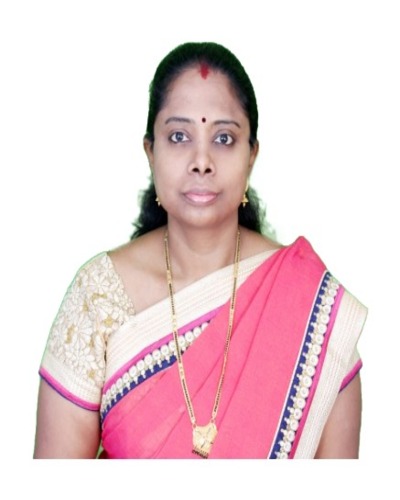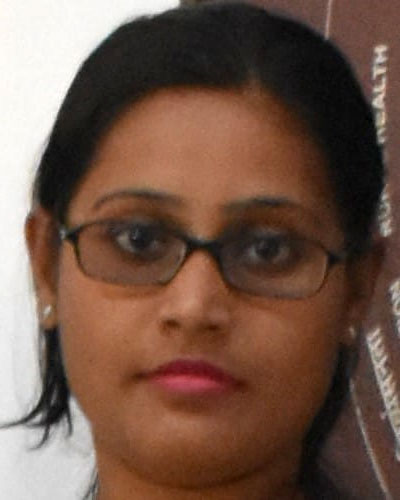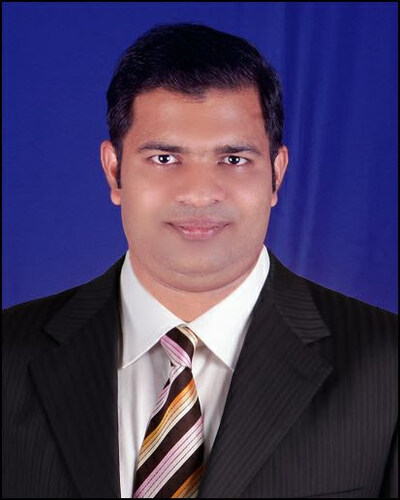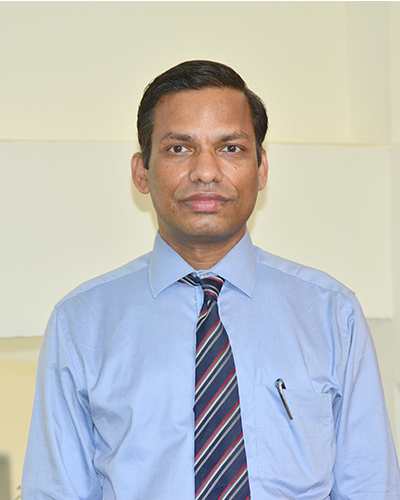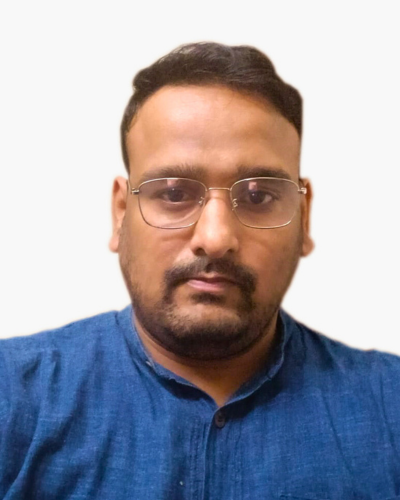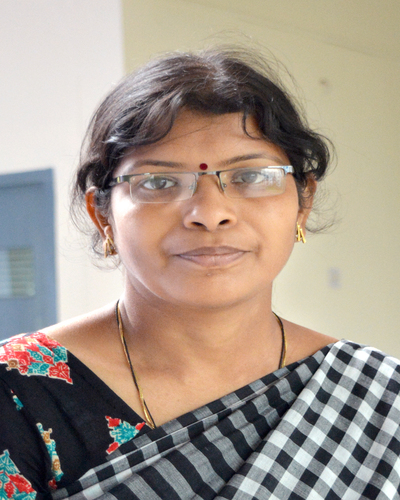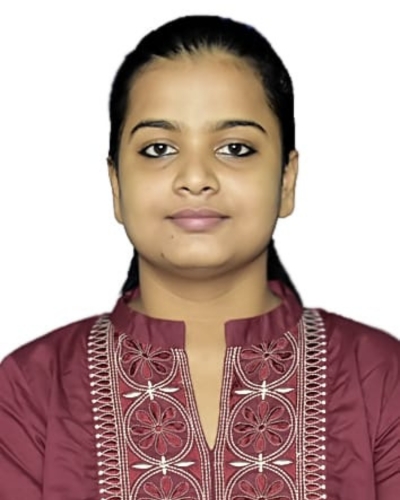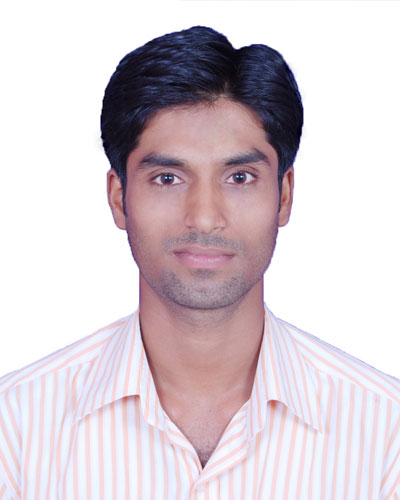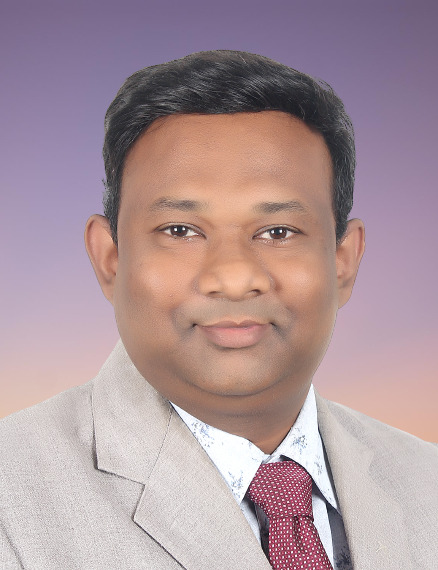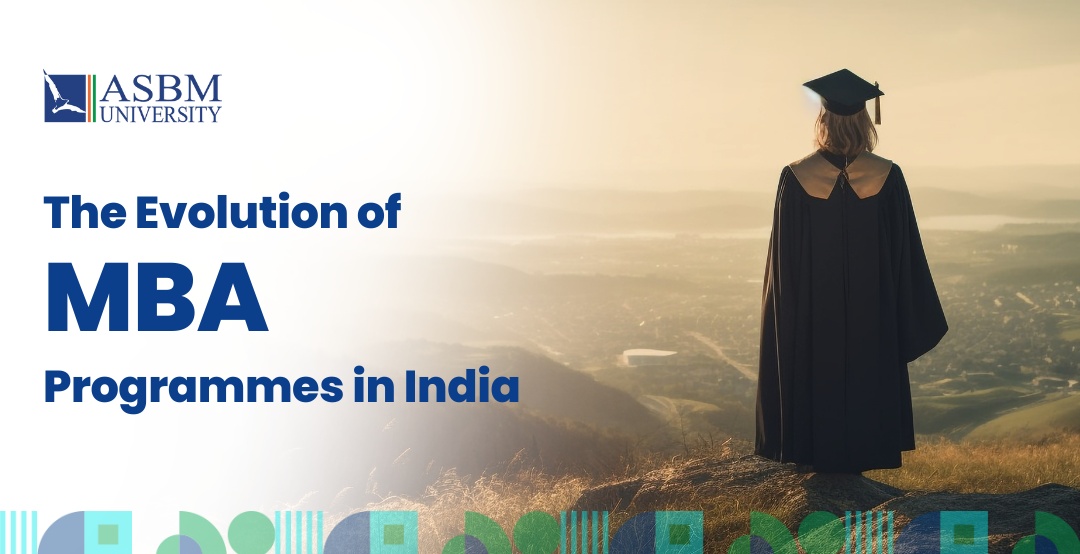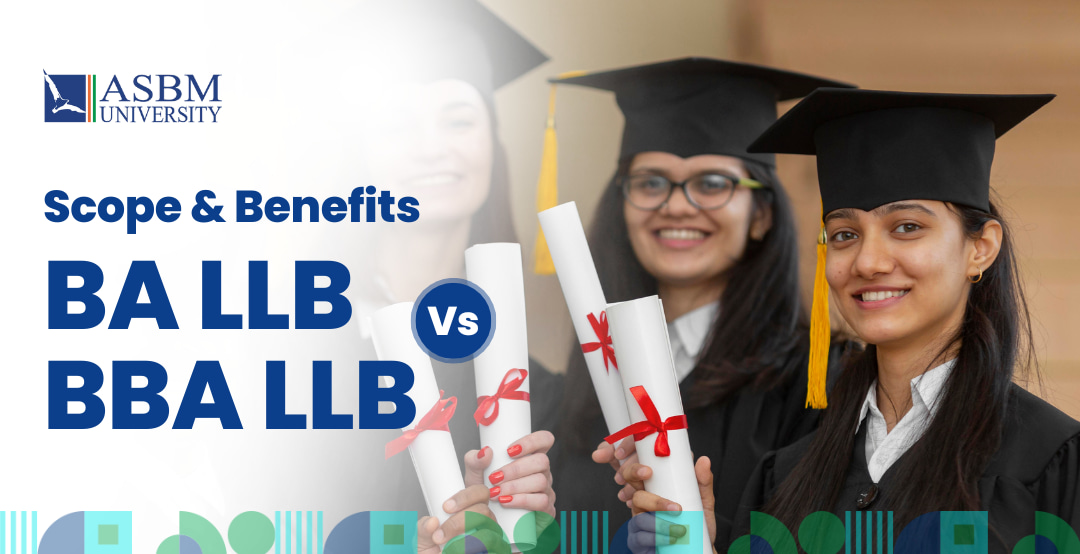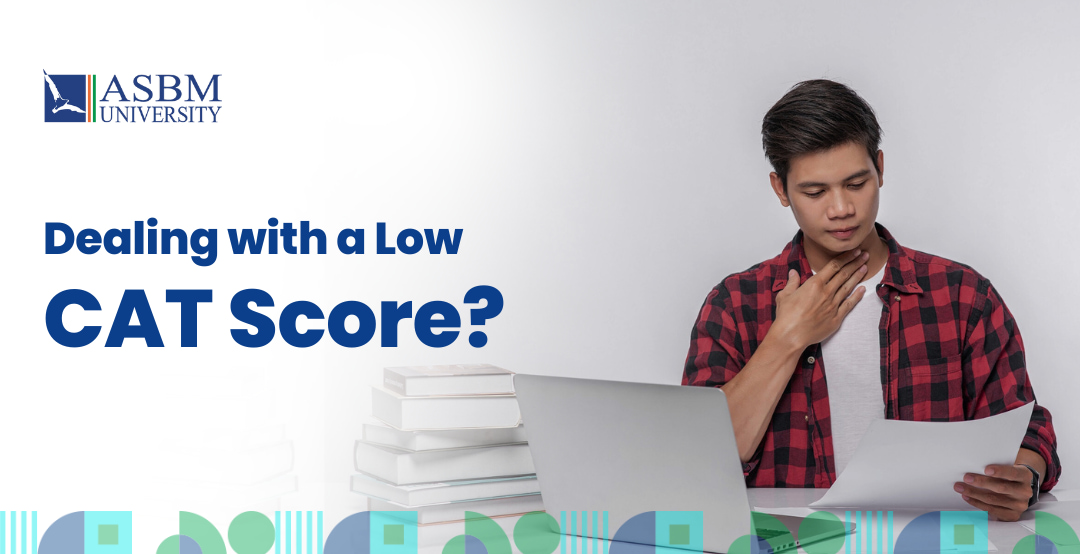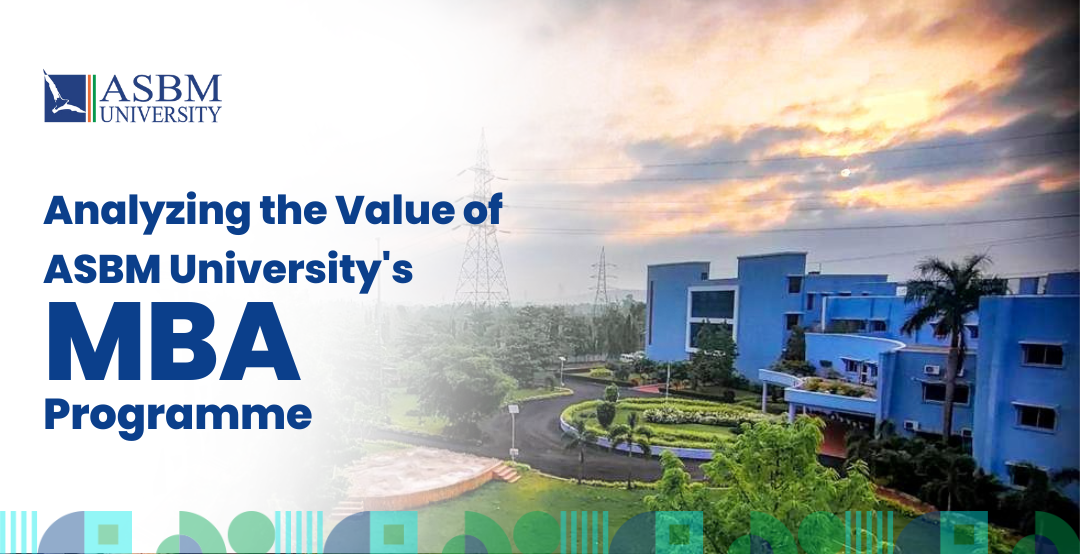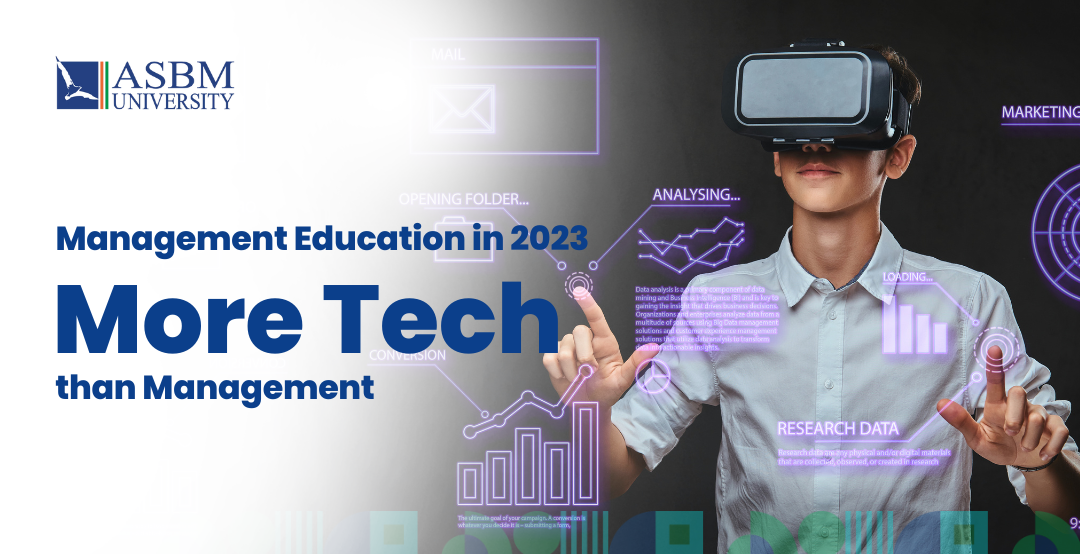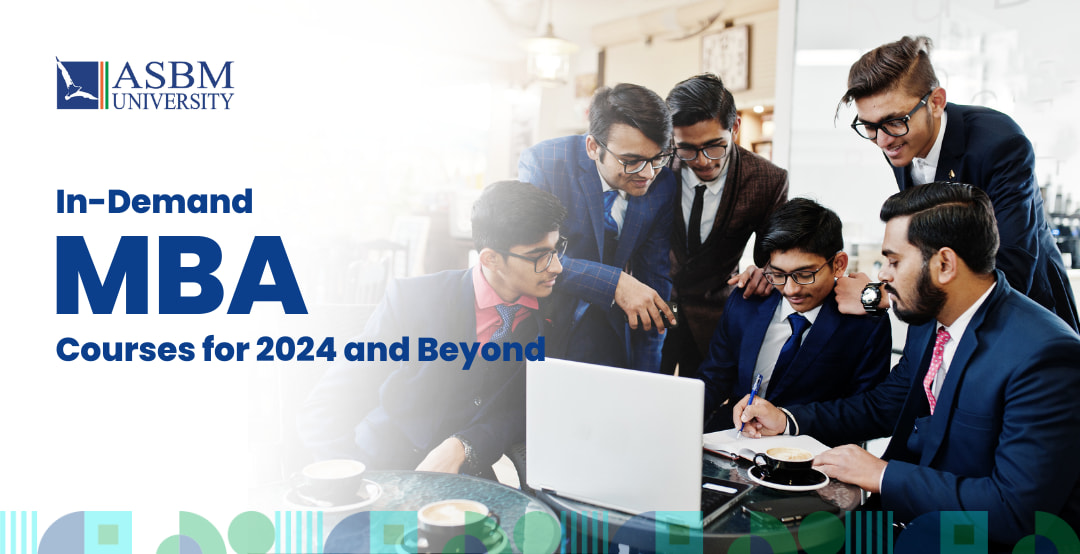Collabration
Programme Key Stats
2024
Admission Session
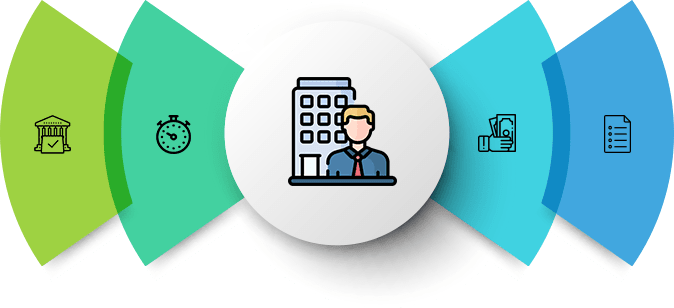
Higher Secondary (+2/XIIth) Science or equivalent with minimum 50% marks in aggregate (45% for reserved category) or
Three year Diploma in Engineering with minimum 50% marks in aggregate (45% for reserved category)
Eligibility criteria
Programme OVERVIEW
Information and Communication Technology (ICT) allows business to be conducted at a faster pace. The importance of information technology has grown over the years because of increase in amount of data collected by different departments in an organisation. Effectively managing the planning, design, selection, implementation, use and administration of information technology is crucial for the success of every business and organization.
The University offers Bachelor of Science in Information Technology Management B.Sc. – ITM (Hons./Research) to augment students’ knowledge by integrating information technology and management for achieving organisational goals. The Programme helps the students to learn the important facts, concepts, principles and theories in information technology management when analysing complex situations.
The B.Sc.-ITM (Hons./Research)from ASBM University will prepare the students for application Programmer, information systems manager, computer support specialists etc. that need involvement in crucial decision-making in the organisation.
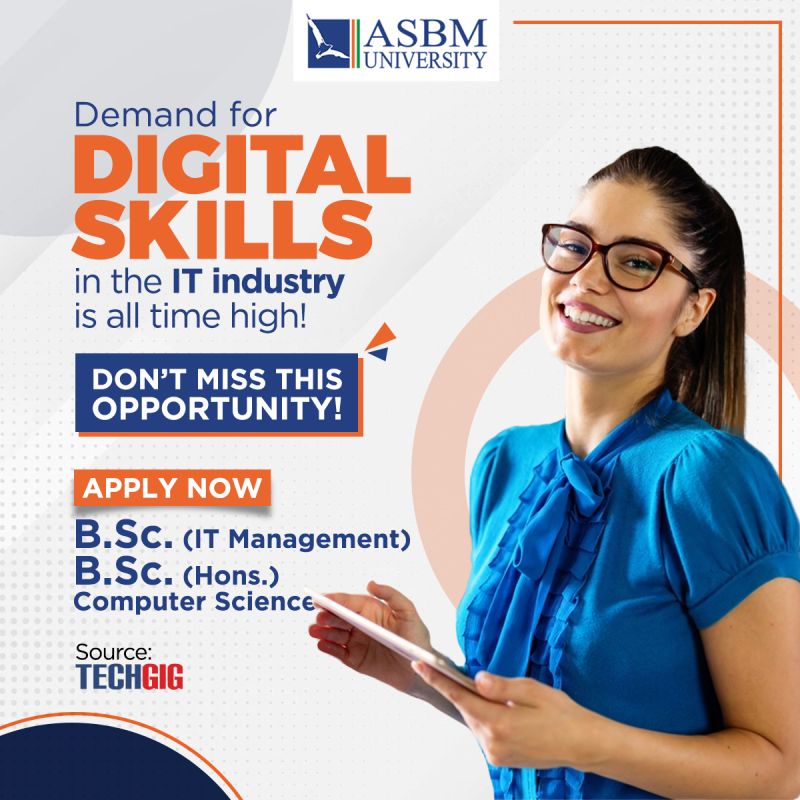
Why B.Sc. ITM (Hons./Research)
- CCFUG pattern
- Innovative teaching pedagogy
- Experienced faculty from industry, profession and academics
- Continuous evaluation pattern
- Project
- Separate hostel facilities for boys and girls inside the campus
Course Curriculum
Research/Dissertation
Students choosing a four-year Bachelor’s degree (Honours with Research) are required to take up research projects under the guidance of a faculty member in any functional area. The students are expected to complete the Research Project in the eighth semester. After the submission of the dissertation, there will be a viva voce examination.
Curriculum Design
A student will undergo a minimum of 120 credits for three-year B.Sc.-ITM programme or a minimum of 160 credits for four-year B.Sc.-ITM honours with research. The courses have been classified into credits. The curriculum consists of major (core), minor stream, multidisciplinary, Ability Enhancement Courses (AEC), Skill Enhancement Courses (SEC), Value Added Courses, Summer Internship and/or Research Project/Dissertation.
Semester - I
- Digital Logic
- Computational Mathematics
- Basic Financial Accounting
- English Language and Literature
- Office Automation
- Environmental Studies
- Constitution of India
- Digital Logic Lab
- Office Automation Lab
Semester – II
- Programming using ‘C’
- Principle of Management
- Internet and Web Technology
- Numerical Technique
- Communicative English
- Theory of Computation
- Indian Ethos and Values
- Programming using ‘C’ Lab
- Theory of Computation Lab
Semester – III
- Programming using C++
- Database Management System
- Organisational Behaviour
- Operation Research
- English Writing & Composition
- Soft skills
- Programming using C++ Lab
- Database Management System Lab
Semester – IV
- Operating System
- Object Oriented Programming using Java
- Cost Management Accounting
- Introduction to Artificial Intelligence
- Digital Marketing
- Language Proficiency and Impression Management
- Object Oriented Programming using Java Lab
Semester – V
- Software Engineering
- Cyber Security
- Computer network
- Logistics and supply chain management
- Software Engineering Lab
- Cyber Security Lab
- Summer Internship Project
Semester – VI
- Marketing Management
- Computer Graphic
- Cloud Computing
- Business Environment
- Computer hardware maintenance
- Computer Graphic Lab
- Computer hardware maintenance Lab
Semester – VII
- Research Methodology
- Digital Image Processing
- Mobile Computing
- Machine Learning
- Project management
- Digital Image Processing Lab
Machine Learning Lab
Semester – VIII
- Data Science
- Internet of Things
- Research Project /Dissertation
- Compiler Design
- Deep learning
- Data Mining and Data Warehousing
- Data Science Lab
- Compiler Design
FOR WHOM
-
Higher Secondary (+2/XIIth) Science or equivalent with minimum 50% marks in aggregate (45% for reserved category)
-
Three year Diploma in Engineering with minimum 50% marks in aggregate (45% for reserved category)
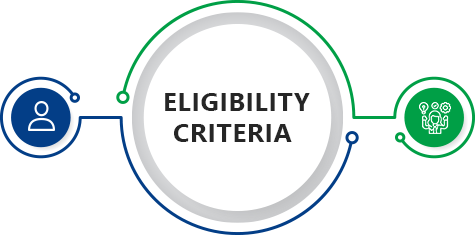
ELIGIBILITY
Higher Secondary (+2/XIIth) Science or equivalent with minimum 50% marks in aggregate (45% for reserved category) from a recognised Board. Final year students can also apply.
OR
Three year Diploma in Engineering with minimum 50% marks in aggregate (45% for reserved category) from an institution recognised by State Council of Technical Education and Vocational Training. Final year students can also apply.

